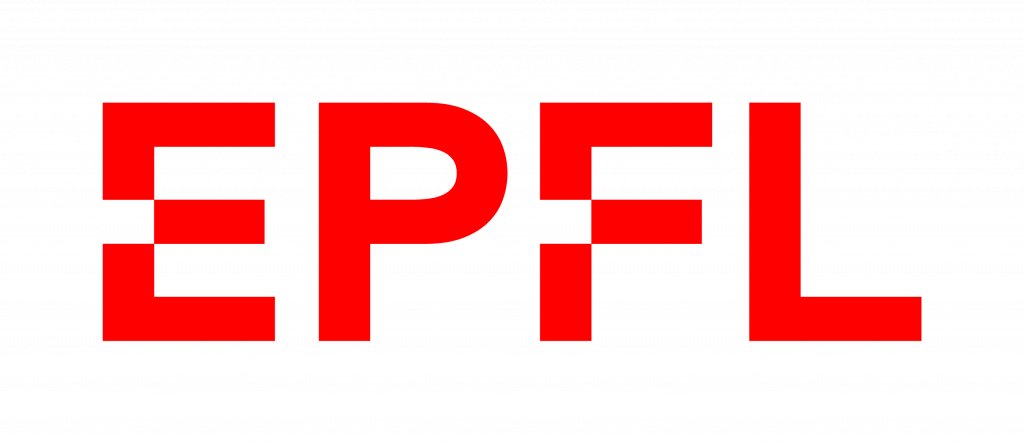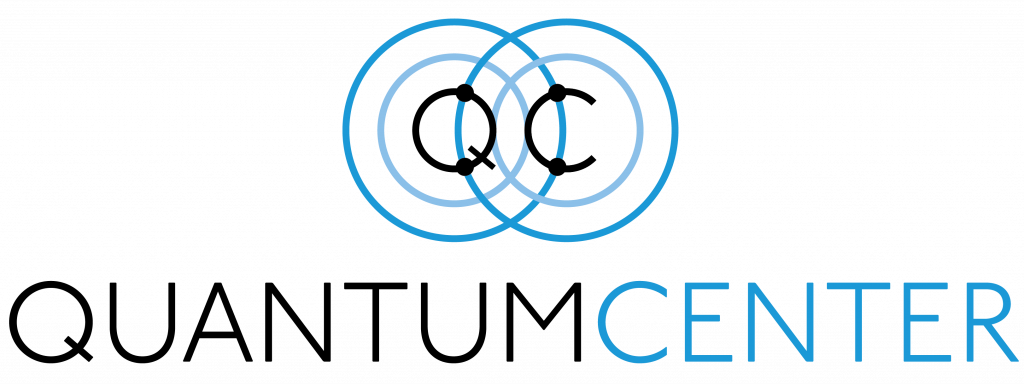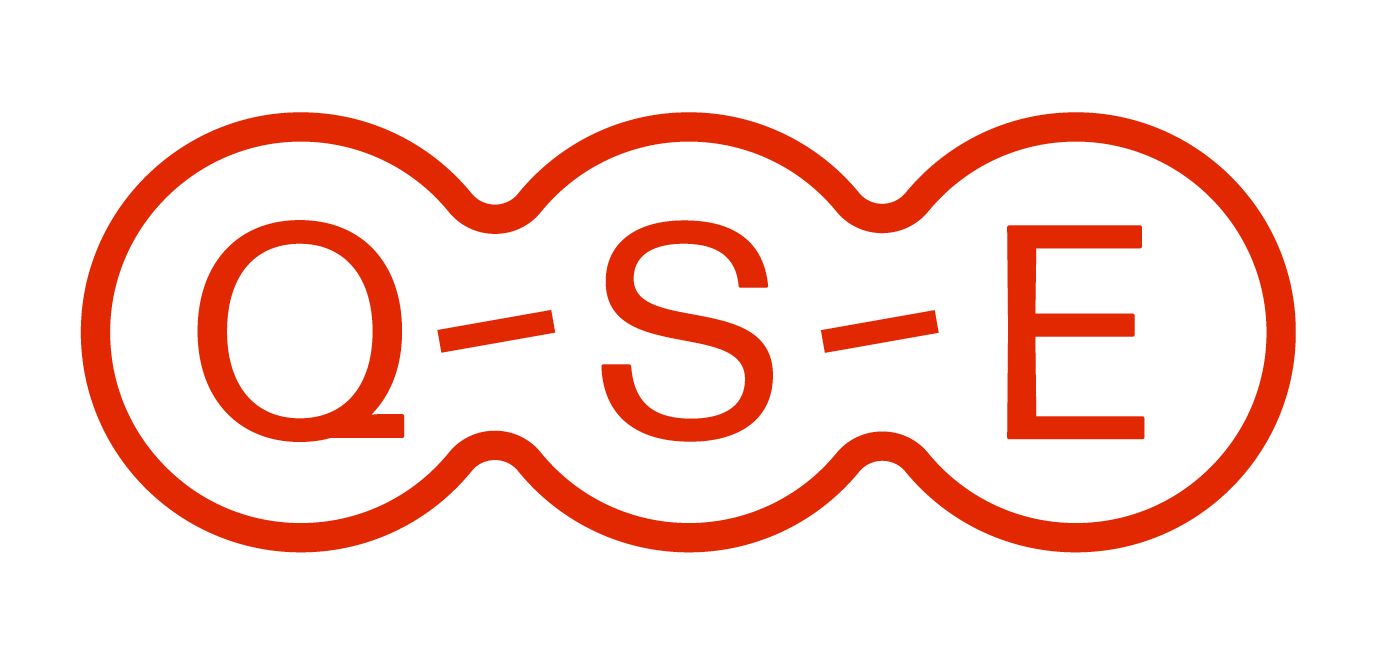Organizing committee of QCHS 2022

Ivan Rojkov
ETH Zürich
I started my bachelor in physics at EPFL in Lausanne and after a successful graduation I decided to move to ETH Zürich for my master’s studies. Always fascinated by the quantum mechanical world, I’ve discovered throughout various lectures that one can use its power for many information related tasks. This motivated me to focus my studies on quantum engineering. After my master’s thesis in the Trapped Ion Quantum Information group (Prof. Jonathan Home), I had the opportunity to continue with a PhD during which I will try to make a valuable theoretical contribution to the group’s research.
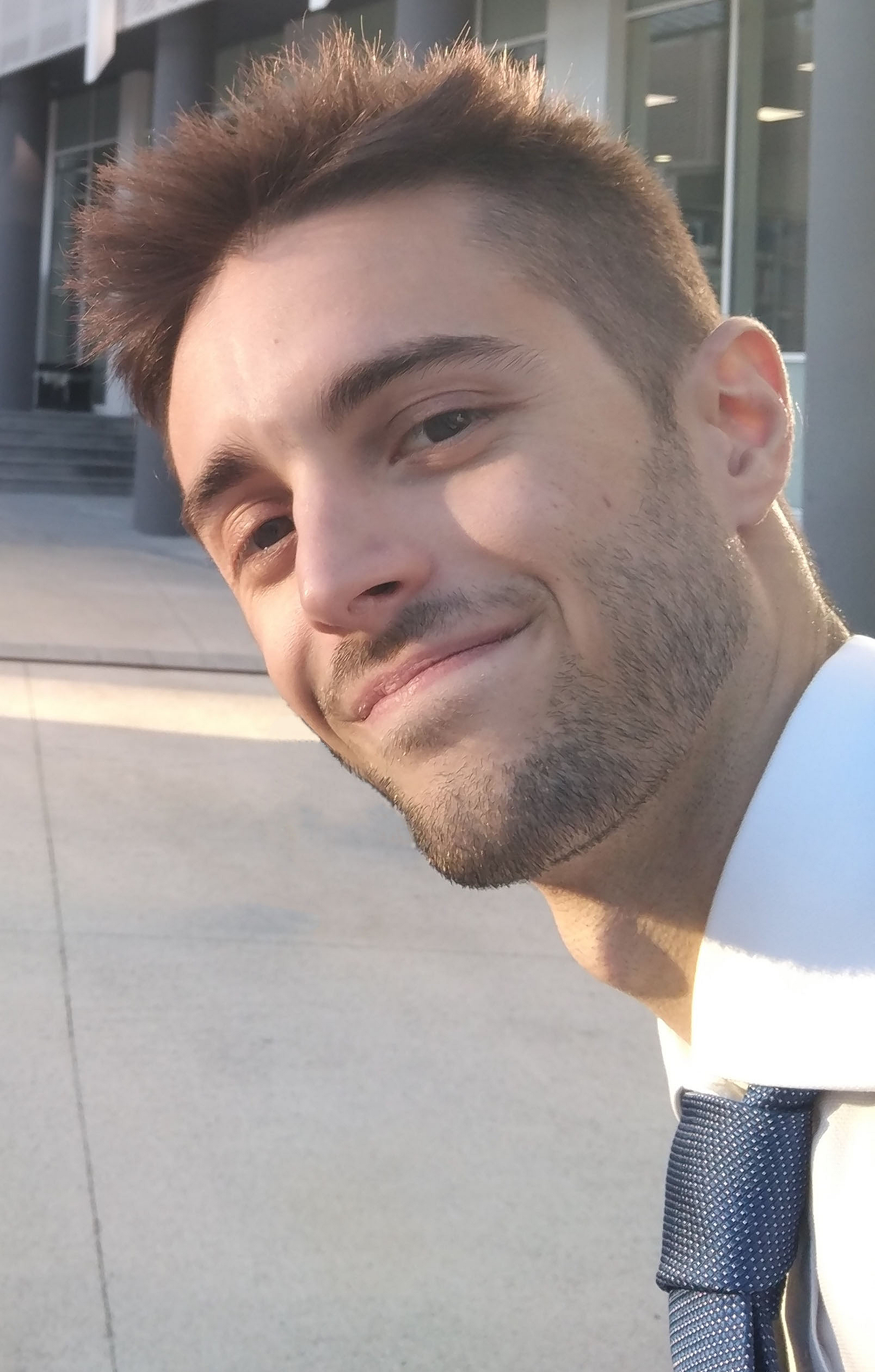
Stefano Barison
EPFL
I did my Bachelor and my Master at University of Milan, in Italy. During those years I got more and more fascinated by quantum information and computation.
A short paragraph found in the famous Nielsen and Chuang textbook drove me towards quantum simulation and I wanted that to become my research area ever since. I started with the master thesis, where I had the opportunity to collaborate with IBM and use real quantum devices.
Then, I moved to the EPFL to do my PhD in the Computational Quantum Science Lab (Prof. Giuseppe Carleo). Here, I address the simulation of quantum systems using classical and quantum techniques.
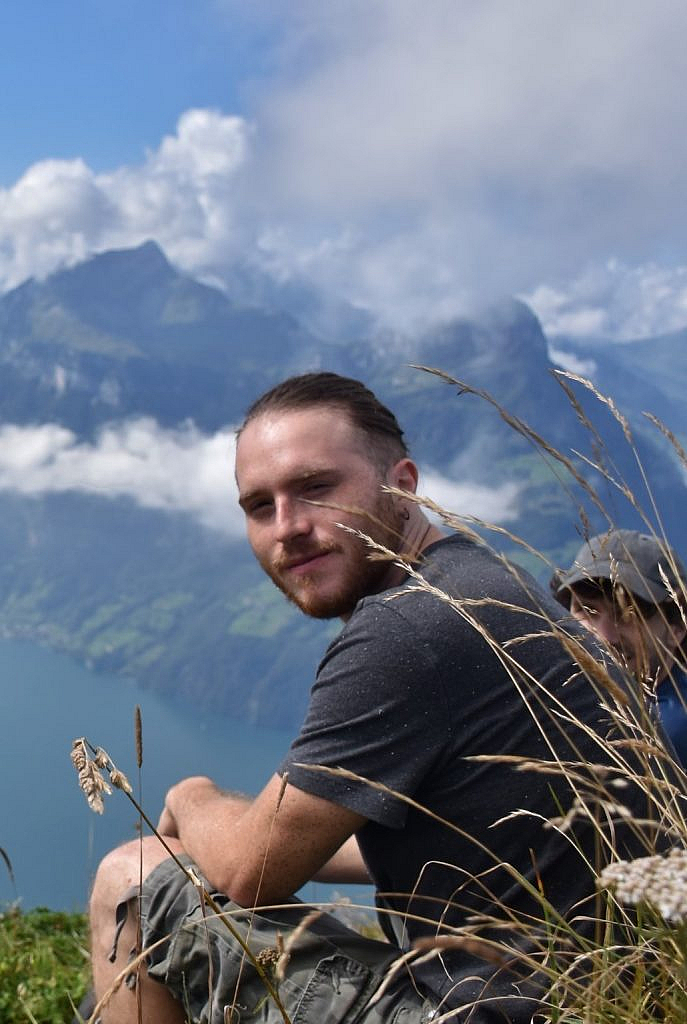
Alfredo Ricci VÁsquez
ETH Zürich
I did my undergraduate studies in physics and electrical engineering at Universidad de los Andes, Colombia. There I did my physics thesis in quantum optics, using polarization and space variables to store information. After this I did my master studies at The University of Edinburgh, and my dissertation consisted is studying the use of randomized benchmarking to test ion trap digital quantum simulators. After this projects I decided that I wanted to work on quantum information processing using trapped ions, so I joined the Trapped Ion Quantum Information group (Prof. Jonathan Home) for my PhD.
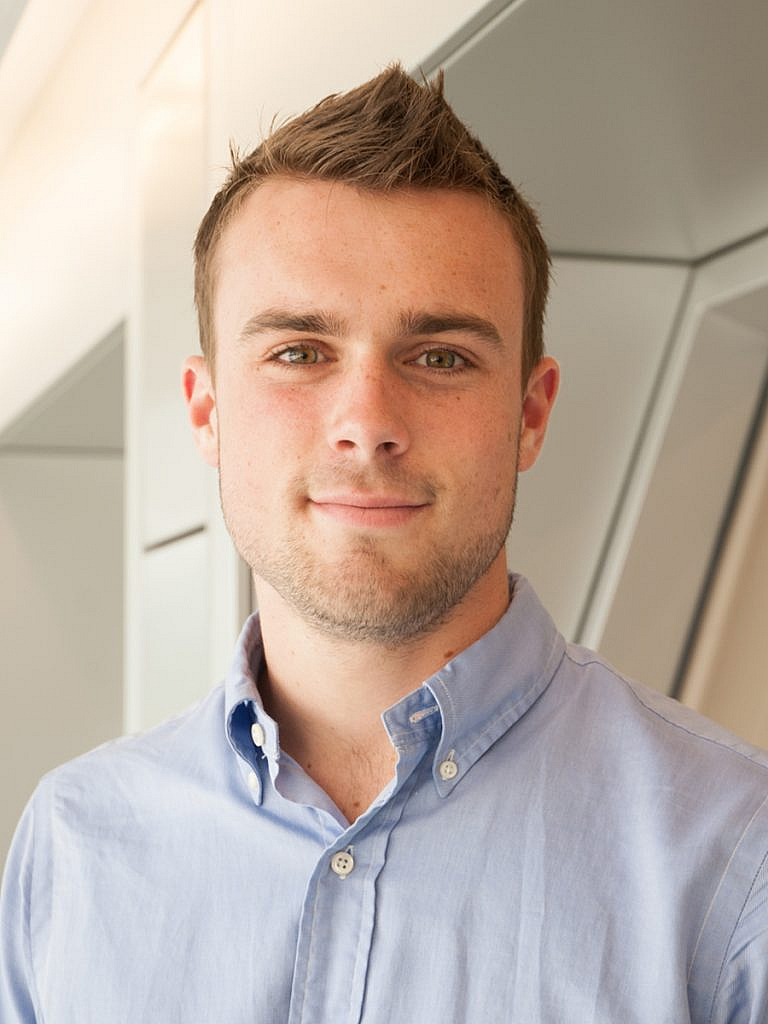
GillenhaAl Beck
ETH Zürich
I first came upon the quantum world during my undergraduate years at Washington and Lee University, where I studied physics and mathematics. Between a class on quantum algorithms and a summer internship in nanofabrication research at NIST, I knew I would direct my studies toward experimental quantum information when I came to ETH for my Master’s. I ultimately did my Master’s thesis with the Trapped Ion Quantum Information group (Prof. Jonathan Home), demonstrating a scheme for background-free qubit readout and cooling. I was very fortunate to be able to stay with the group for my PhD, where my work is focused on developing chip-integrated optical systems, a promising route toward scalable quantum computation and simulation.

David Schlegel
EPFL
After undergraduate studies in Physics and Philosophy at Göttingen University, I pursued my broad interests in quantum physics. During my studies I became increasingly fascinated by the fundamental nature of quantum mechanics and its implications that revolutionized science and technology as a whole. After my Master in Theoretical Physics, seeking to learn more and to contribute to research in quantum science, I moved to EPFL as a doctoral student in the Laboratory of Theoretical Physics of Nanosystems (Prof. Vincenzo Savona). Here, I work on error correcting quantum codes in bosonic systems that may enable scalable quantum computing in the future.
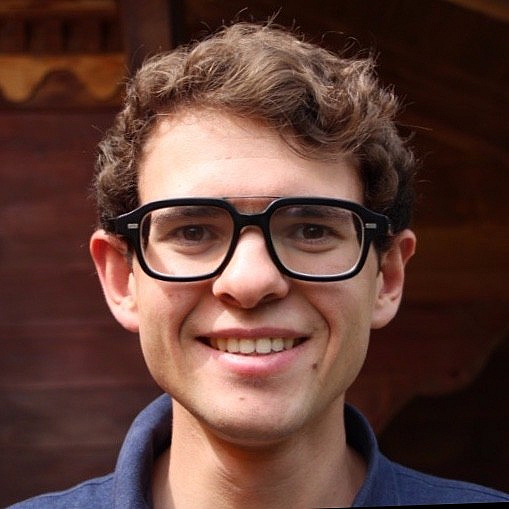
Moritz Fontboté Schmidt
ETH Zürich
I was in the first cohort of Quantum Engineers at ETH and decided to stay for a PhD focused on error correction in the Trapped Ion Quantum Information group (Prof. Jonathan Home). During my master, I spent time in several groups at ETH and at IQM.
Organizing committee of QCHS 2021
To acknowledge the help from the organizing committee of the first edition of the QCHS summer school we present bellow their profiles.
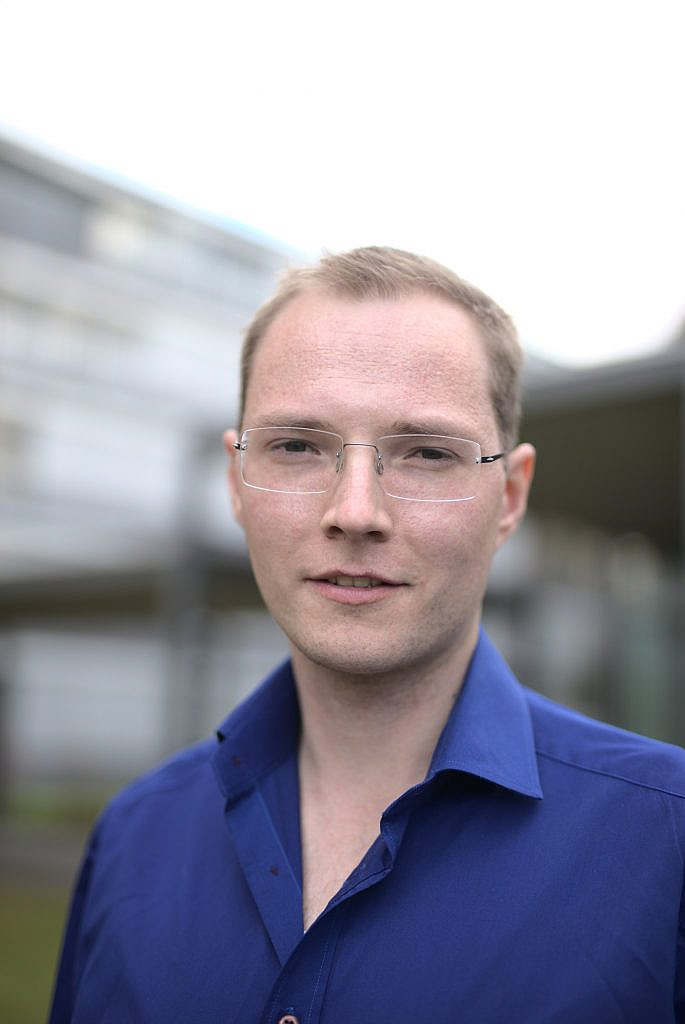
Uwe von Lüpke
ETH Zürich
Uwe grew up in London and in Düsseldorf in Germany. He studied Physics at Karlsruhe Institute for Technology in Germany and at Massachusetts institute for Technology in Cambridge, USA. After researching superconducting qubits in his Masters, he moved on to study hybrid quantum acoustic systems in the group of Yiwen Chu at ETH in Zurich. Uwe is interested in building near-term useful quantum devices and in overcoming the fundamental challenges to large-scale quantum computing. His main area of expertise is in design, fabrication and operation of superconducting circuits.
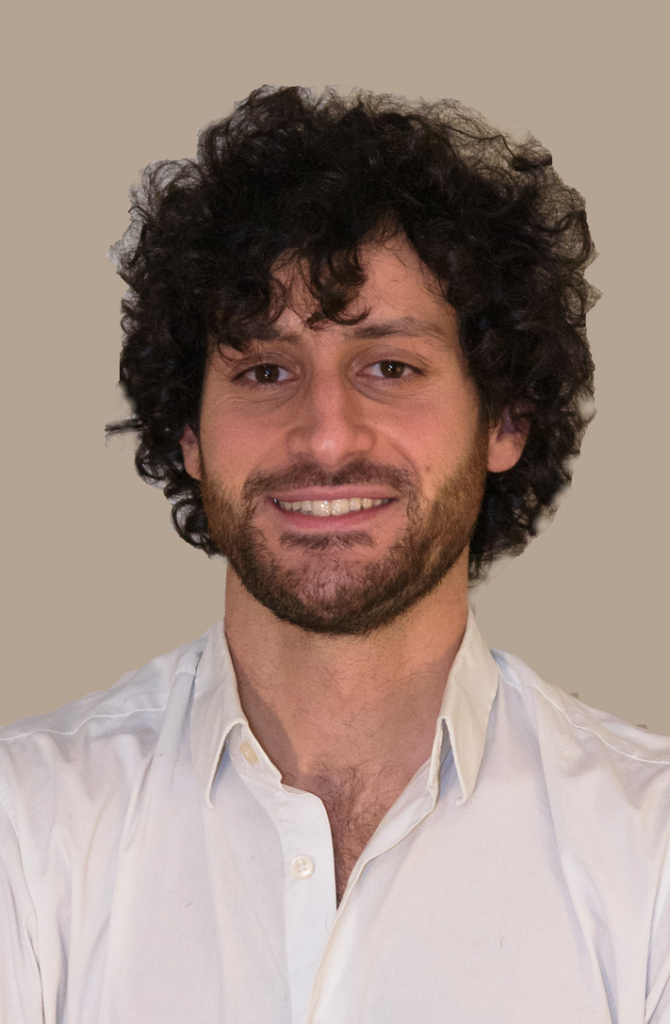
Francesco Libbi
EPFL
Francesco studied mechanical engineering at Università Politecnica delle Marche in Ancona and Politecnico di Torino in Turin. After working on thermal transport properties of carbon allotropes in his Master, he moved to study optical properties of single photon emitters using non equilibrium statistical mechanics, in the group of Nicola Marzari at EPFL in Lausanne. He is working as well at the development of quantum algorithms for physics and chemistry.

Maxwell Drimmer
ETH Zürich
Maxwell is originally from Chicago and earned his bachelors in physics from Stanford University. Then he moved across the ocean to complete a masters in applied physics at TU Delft, where he studied nanomechanical structures in his thesis. He started his PhD in the Hybrid Quantum Systems Group (Yiwen Chu) in 2020, where he is currently investigating mechanical resonators which might enable future quantum communication networks. Maxwell is enthusiastic about the quantum information applications of acoustic interactions.
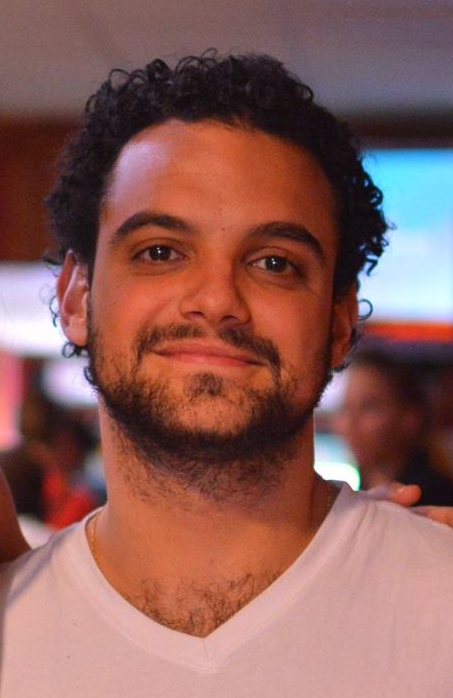
Bruno Schmitt
EPFL
Bruno Schmitt received a computer engineering degree from the Federal University of Rio Grande do Sul (UFRGS) in 2017. He has worked as a visiting researcher in the logic synthesis & verification group of Prof. Robert K. Brayton at UC Berkeley. Bruno also was a visiting researcher at Prof. Giovanni de Micheli’s logic synthesis group at EPFL. Today, He is a fourth-year PhD student at de Micheli’s group.
Bruno has also worked on both Microsoft and IBM quantum research teams. As part of his research, he is the main developer and maintainer of an open-source full-stack library for quantum compilation, tweedledum, and an active contributor for the EPFL logic synthesis libraries. His primary research interests include quantum compilation, logic synthesis, formal verification, design automation tools (CAD), and SAT solvers.


